Reasons and Remedies for Digestion Problems in Children
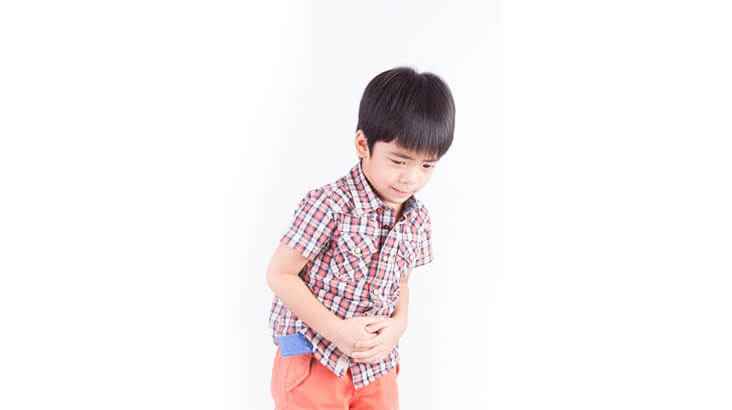
My son was colic when he was born. I have a lot of painful memories of those early years, when he used to cry incessantly, due to discomfort and I felt so helpless.
Problems with regard to digestion usually begin when weaning is initiated in our child. A few of my friends feel that it is quite normal for a baby to throw up after a feed. Yes, at times it is, yet we need to be cautious and observant of any conspicuous symptoms that might suggest a problem.
Tummy aches are common in children. More often than not, they suggest the need to answer ‘nature’s call’ or over eating. But then again, they could be related to some underlying, digestion problem. Let us take a look at some relatively common digestion problems that may affect our children.
**• Food Allergies**:
This simply means a reaction of the body to a specific food .For instance; my son is allergic to fish and has a bad tummy when he eats it. A few symptoms are cramps, diarrhea, vomiting and laboured breathing. Generally, babies need to be exposed to the same food for at least three consecutive days, to check for allergic reactions.
Some foods that can cause problems are milk, eggs, soy, nuts, fish and gluten.
**• Lactose Intolerance:**
The root cause is an inadequate amount of the enzyme, ‘lactase’ in the body. Due to this, the body is unable to process and digest ‘lactose’ found in milk and its products. The symptoms include cramps, flatulence, diarrhea and nausea.
Since milk is best avoided, we need to ensure that our child gets sufficient calcium. Do include green vegetables in the diet (broccoli, turnip) and even fish.
**• Colic condition**:
It tends to affect babies in the early months, after birth. The reasons can be various; Problems adjusting to a changed environment, from the secure confines of the mum’s womb to the harsh external conditions. Some babies produce more gas as their incessant crying causes them to swallow more air. Babies can also be allergic to milk, which leads to abdominal cramps.
Consequently, the major symptoms are lots of crying, discomfort and cramps. Fortunately, babies soon out grow this condition.
**• Diarrhea** ( I refer to it as ‘loosies’):
It is characterised by watery stools. It can be accompanied with nausea, vomiting, abdominal cramps, fever, flatulence; even bloody stools. Medical intervention can be needed, so be careful.
Diarrhea is normally caused by food allergies and viral or bacterial infection.
• **Irritable Bowel Syndrome** also leads to digestion issues.
I have a personal ‘***non-medicine box***’, as an effective cure for some of these problems:
1. Probiotic food like yogurt and buttermilk. The good bacteria in these balance
the bacteria in the gut.
2. Asafoetida (hing): It is an anti-oxidant and anti-inflammatory. Do include it in your cooking. I still rub a little hing mixed with warm oil, around my son’s navel, to alleviate cramps.
3. Turmeric: Vital ingredient in our food, moms. It is anti –inflammatory, aids digestion and improves liver function.
4. A daily bowl of oatmeal works wonders for the intestine. It is easy to digest and prevents constipation.
5. Ginger: It is anti-inflammatory and prevents nausea, flatulence, indigestion and diarrhea.
6. An intake of sugar and salt added in water is vital in diarrhea, to keep the child hydrated.
Stay healthy! ☺





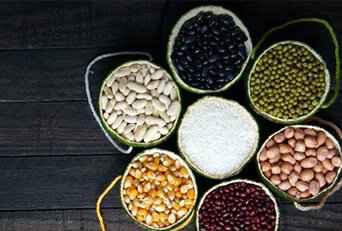
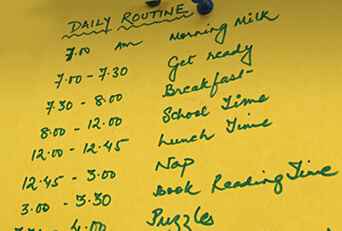

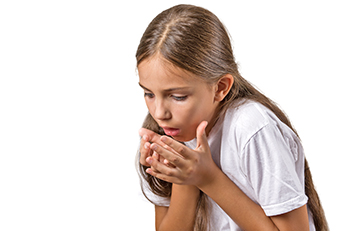
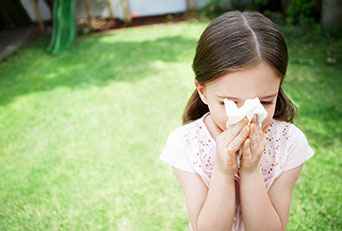


WHAT DO YOU THINK?